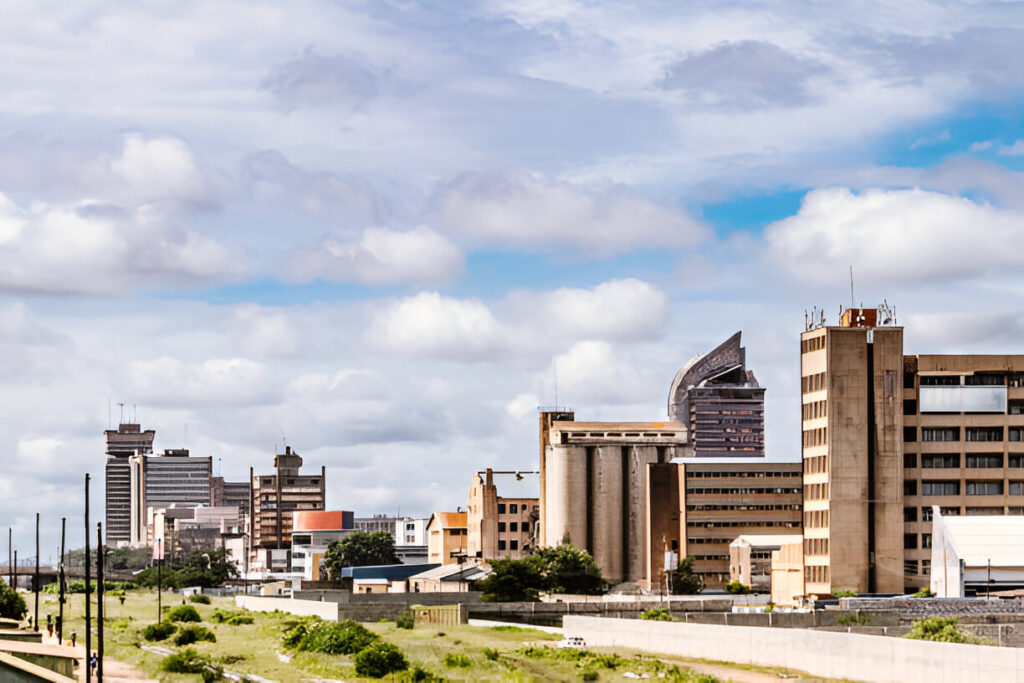Russia is strengthening its presence in Africa’s agricultural sector with a renewed focus on food security, connectivity, and fertilizer supply, following a series of bilateral discussions and the Russia-Africa summits.
The latest Intergovernmental Commission for Trade and Economic Cooperation, co-chaired by Russia’s Economic Development Minister Maxim Reshetnikov and Tanzania’s Planning and Investment Minister Kitila Mkumbo, revealed growing collaboration with East African nations. Tanzania is expected to serve as a strategic hub for Russian agricultural exports, potentially generating over US$15 billion in revenue for Russia.
With over 40 Russian companies ready to export food and animal products to Tanzania and the region, Russia is positioning itself as a key player in Africa’s grain and fertilizer markets. Countries such as Kenya, Nigeria, Algeria, and Sudan have seen a sharp rise in imports of Russian wheat and grain.
Russian officials highlighted their market share of nearly one-third of Africa’s wheat market, exporting to over 40 countries. However, experts caution that the high cost of logistics and unsuitability of some Russian fertilizers to African soil conditions call for a rethink.
Russia’s PhosAgro remains one of the leading exporters of phosphate-based fertilizers to Africa, supplying over 21 countries, including South Africa, Morocco, Ethiopia, and Mozambique. With a goal to double its deliveries in five years, the company reported exporting 8.6 million tonnes globally in 2024.
Despite these milestones, African policymakers are pushing for a shift away from dependency on imports. Import substitution and increased domestic production are being positioned as more sustainable paths to food security.
Speaking at the Afreximbank Annual Meetings, Nigerian entrepreneur Aliko Dangote emphasized Africa’s ability to achieve food sovereignty by investing in local production. His US$20 billion Lagos-based refinery and a US$3 billion fertilizer expansion for East Africa reflect this commitment to industrial self-reliance.
Further aligning with this vision, the African Export-Import Bank (Afreximbank) is financing a US$2 billion fertilizer plant in Soyo, Angola. The project is set to create over 4,700 jobs and position Angola as a leading fertilizer supplier in the region.
While Russia’s agricultural exports help address food needs in the short term, the long-term strategy for Africa remains clear: boost local production, reduce reliance on imports, and use intra-African collaboration to build a more self-sufficient future.
Policy experts agree that the time is ripe for African nations to transition from trade dependence to production dominance, using food security as a catalyst for broader economic transformation.

